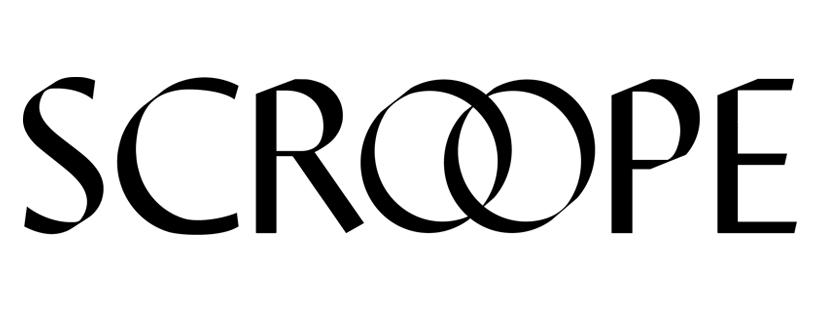Diamond Open Access Journals at Cambridge
Cambridge Diamond is a platform to support diamond open access publishing at the University.
This site is maintained and managed by the Open Research Systems Team at Cambridge University Library (CUL).
![]() Contact us at diamond@openaccess.cam.ac.uk
Contact us at diamond@openaccess.cam.ac.uk




